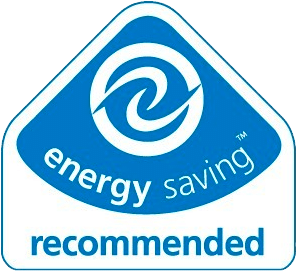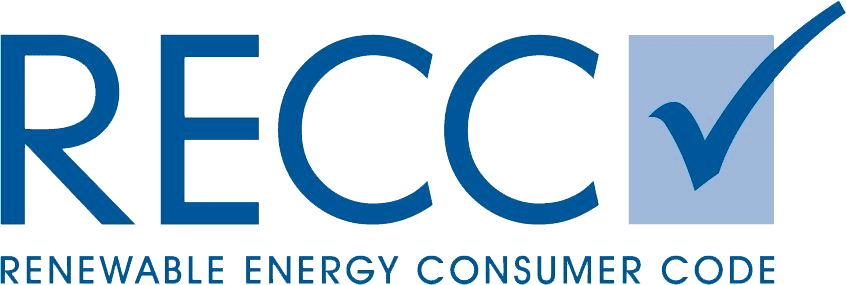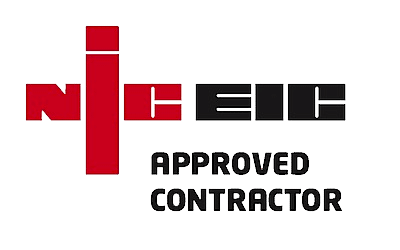Are you looking for ways to make your business more energy efficient, reducing energy bills and your commercial carbon footprint in a single stroke?
If so, an energy efficiency audit could be the perfect choice, assessing current energy usage in the property and identifying any opportunities to reduce energy wastage and save you money.
All our energy efficiency audits are conducted by a fully qualified energy auditor, and will involve a comprehensive examination of energy use, the energy supply chain, the equipment used to generate and transfer energy, and the efficiency of certain practices.

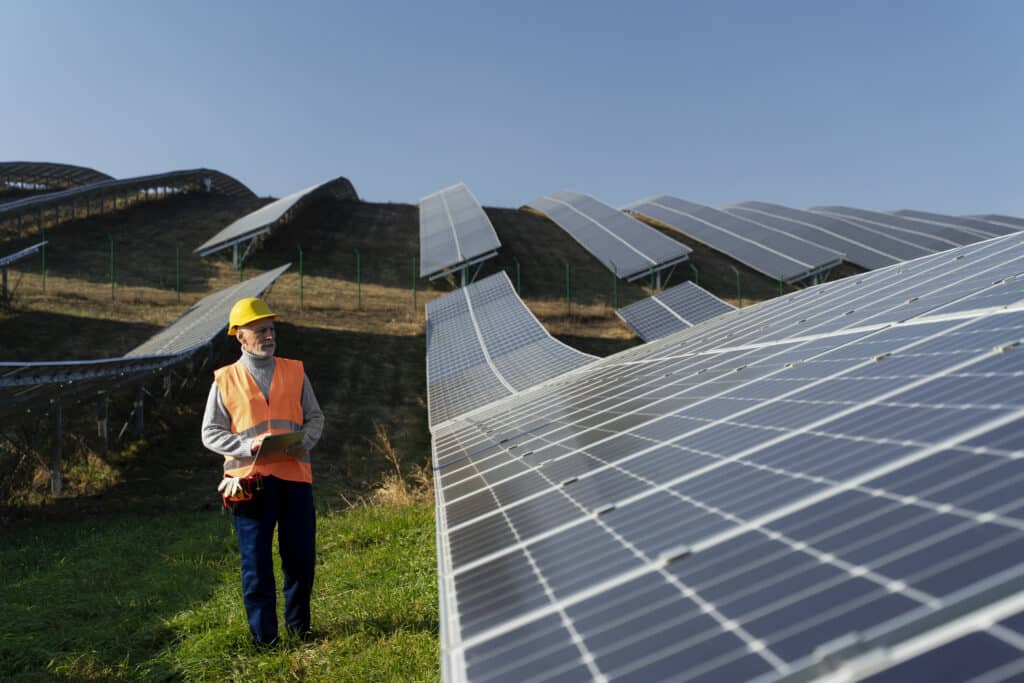
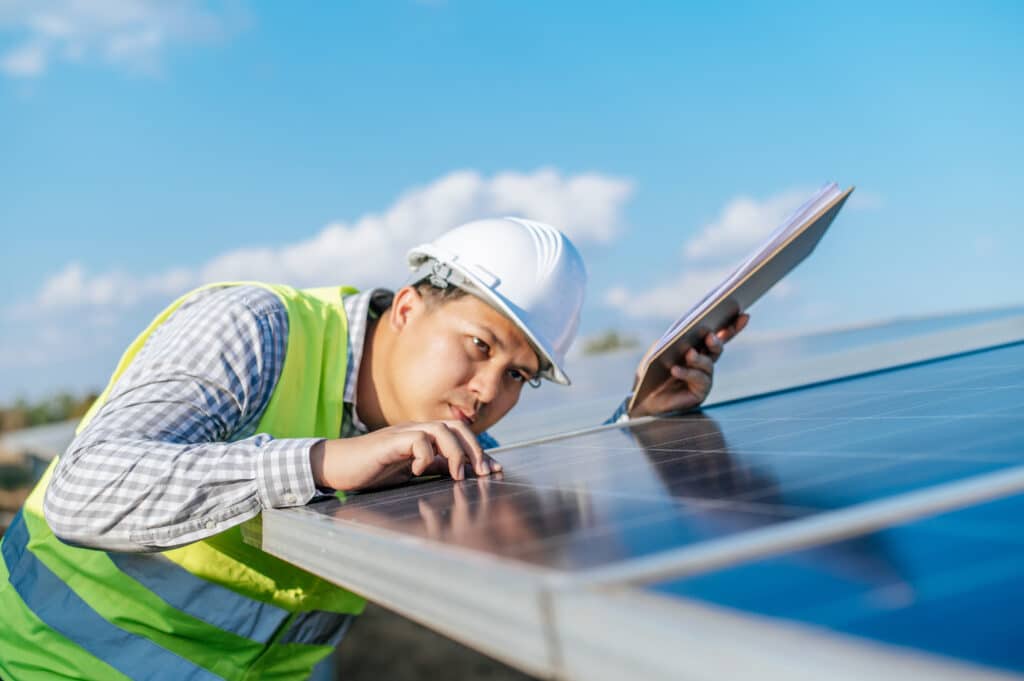






You can conduct your own energy audit, working out how much energy you are currently consuming, how much a property of your size with similar operations should be consuming, and attempting to improve energy efficiency by changing suppliers or changing your practices.
To truly optimise your practices, however, a professional business energy audit is required by a qualified energy auditor.
This will include an in-depth analysis of your business, from the current energy consumption to how the building is insulated, air-flow around the property, and how systems such as gas and water are currently being managed.
Following this review, an extensive energy audit report will be delivered detailing all our findings, along with an extensive list of recommendations for how to improve energy performance on the premises.
Following these recommended actions and educating your staff on best practice will likely result in you consuming a substantial amount less energy in the future, saving you a significant amount on your energy bills, and becoming a more sustainable future-ready business.

When you arrange an Energy Efficiency Audit with Renewable Energy Matters, we will not only provide you with a report detailing the steps you should take to improve efficiency on site, but fully explain, in person, the rationale behind our recommendations.
On the day of your audit, one of our expert team will attend your site and walk around the premises with you or a member of your maintenance team.
During this visit they will ask questions about your operations and examine each part of your site to identify anywhere in which even the smallest amount of energy could be saved.
By having a member of your staff by their side, our auditor will be able to ensure that nothing is overlooked, and you will be able to better understand how we draw our conclusions.
We may decide with you to conduct an audit during the working day to allow us to identify any changes to working practices that could be made that would improve energy efficiency without negatively impacting the productivity of the site.
We feel this is a far more effective way of conducting our audits than a solo examination of an empty site and so far the feedback from our valued customers suggests that they feel exactly the same.
Energy audits…
Business is about making and saving money first and foremost, and a commercial energy audit will help you do both.
Energy audits will help you identify potential cost saving measures and where energy is being used inefficiently.
Following the changes recommended can significantly reduce your ongoing costs. These changes may be in reference to how appliances are being used, but may also involve the installation of some energy saving technologies such as LED or motion activated lighting.
Energy audits not only help you make immediate changes to reduce your energy consumption but can also be used to formulate a long-term sustainability strategy.
The data produced by an energy audit will be invaluable when making decisions for the future, allowing you to make more accurate projections and plan to meet your sustainability goals months or years down the line.
More and more consumers are putting sustainability right at the top of their priority list when choosing where they source their goods and services.
An energy audit or Energy Performance Certificate will indicate to your customers that you are serious about sustainability and reducing your carbon emissions, a key selling point when pitching for new business.

The first step in the audit involves a walkthrough of your premises where the auditor will note any appliances, lighting, or insulation that they believe to be inadequate in terms of energy efficiency.
Both the heating and cooling systems of the property will be analysed.
They will also conduct checks on windows, doors, and anywhere else where heat could escape, resulting in your heating system working harder and for longer than is typically required for a property of your size.
Other tests that the auditor may decide to carry out include:
Once testing is complete you will receive your report detailing energy efficiency audit recommended actions that, if taken, will lead to much lower energy bills in the future.
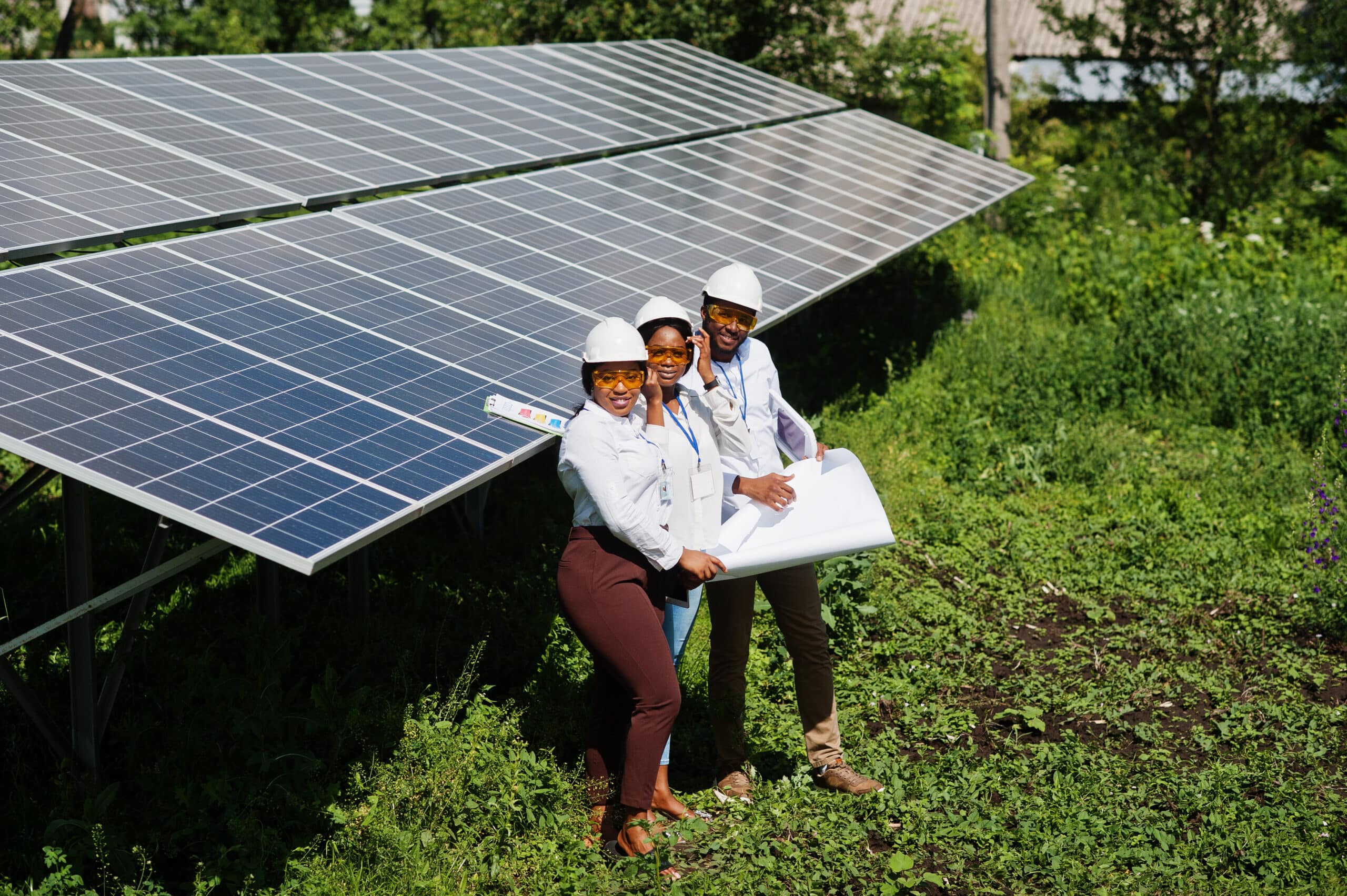
By far the best way to make sure that all the most important changes are made is to have a professional auditor conduct your audit but a DIY energy audit is not a bad idea either.
You can easily do a quick walkthrough of your own home, taking a note of anything that you think might be wasting energy or leaking heat and taking action to counter this.
Some of the things to look out for include unwanted air leaks, the condition and quality of insulation, the age of your heating system and details of its last service, and any appliances that are left running unnecessarily.
These are responsible checks for any homeowner to make but if you are serious about optimising your home’s energy use and minimising your energy bills, a professional audit is required.
Lorem ipsum dolor sit amet, consectetur adipiscing elit. Maecenas nec ullamcorper sem, vitae venenatis lorem. Nunc id nulla egestas, hendrerit neque ac, bibendum erat. Phasellus condimentum orci ut est faucibus rutrum.

That said, the energy climate is constantly changing and new technologies are constantly being produced that may be effective in further reducing how much energy you use.
For this reason, it is recommended that businesses have an energy audit carried out every 2-5 years to keep on top of their energy requirements.
